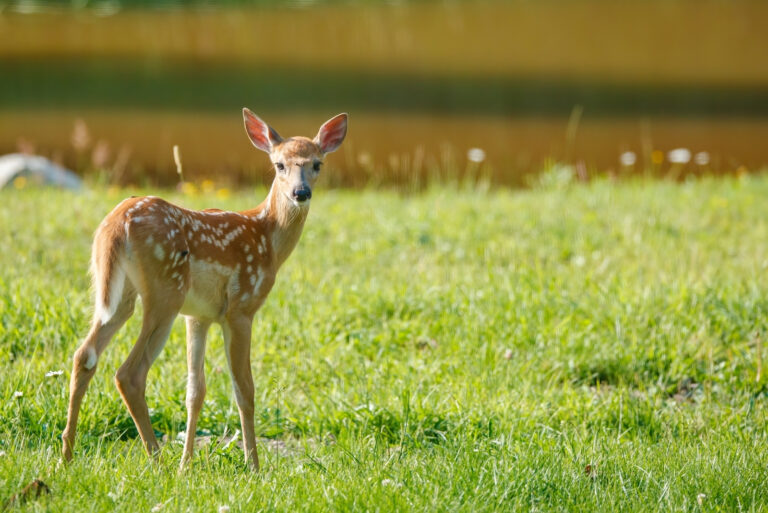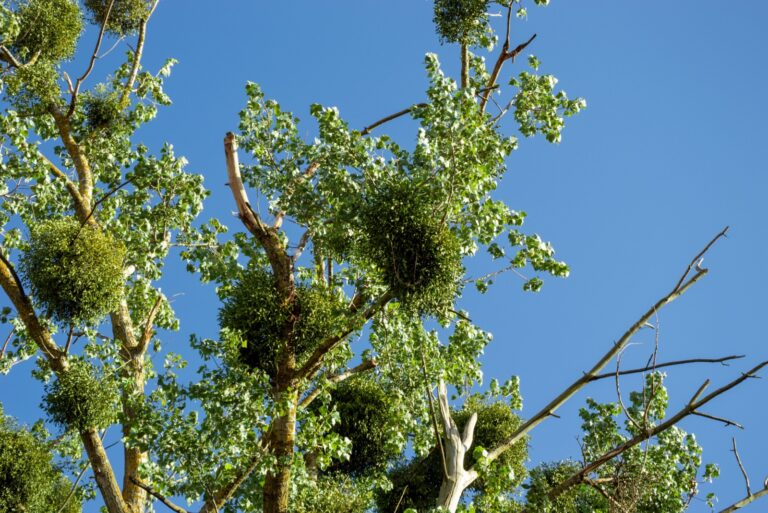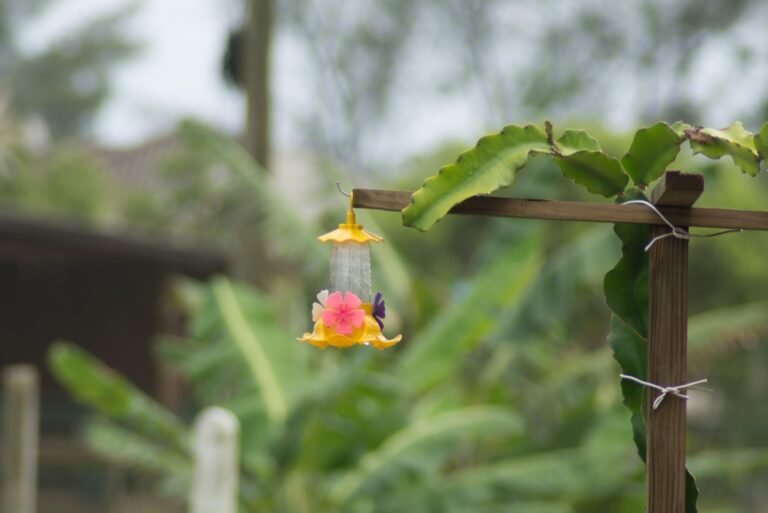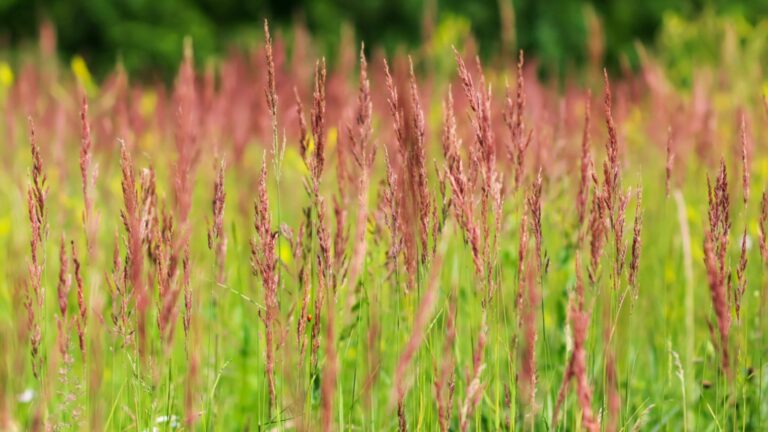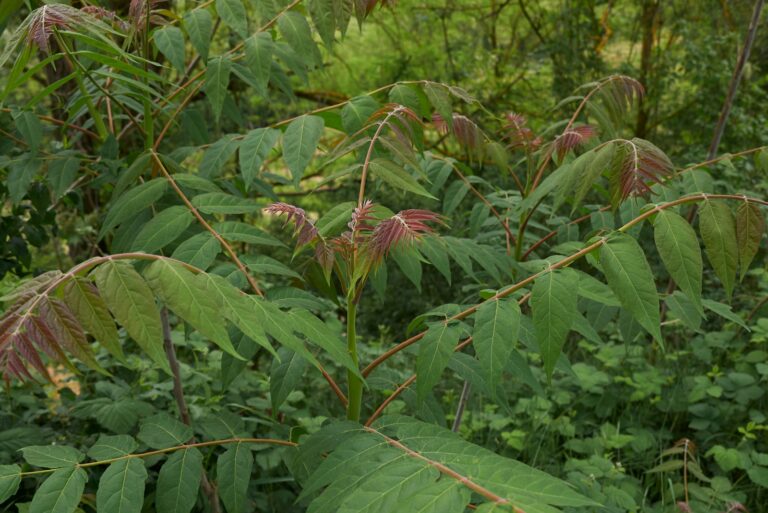12 Plants That Work Wonders Against Mice In Illinois Gardens
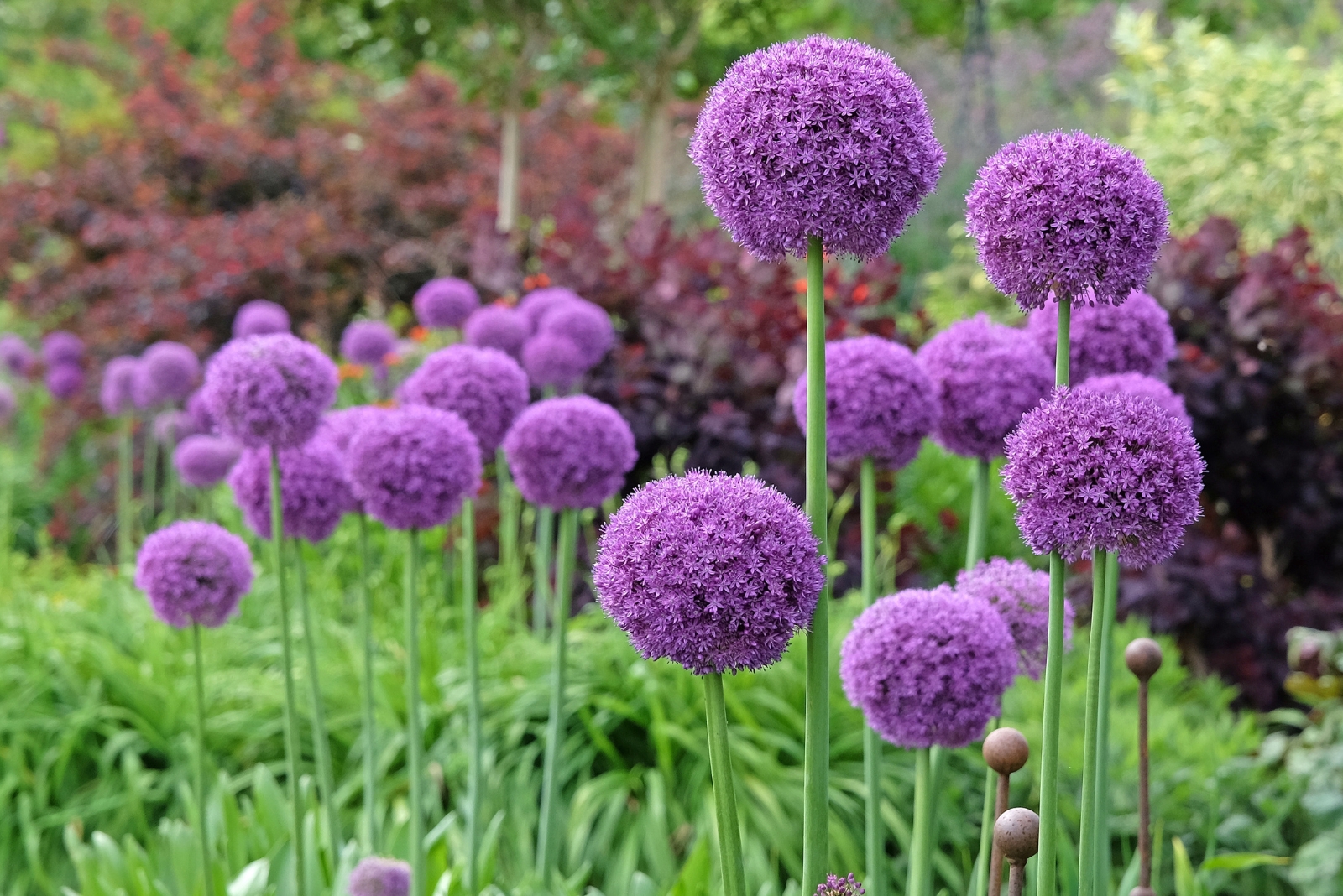
Mice can be a headache in Illinois gardens, but some plants naturally keep them away. These twelve options are both effective and attractive, adding charm while protecting your garden.
I’ve picked the ones that are easy to grow and maintain. Your Illinois yard can stay safe from pests without harsh chemicals.
1. Peppermint
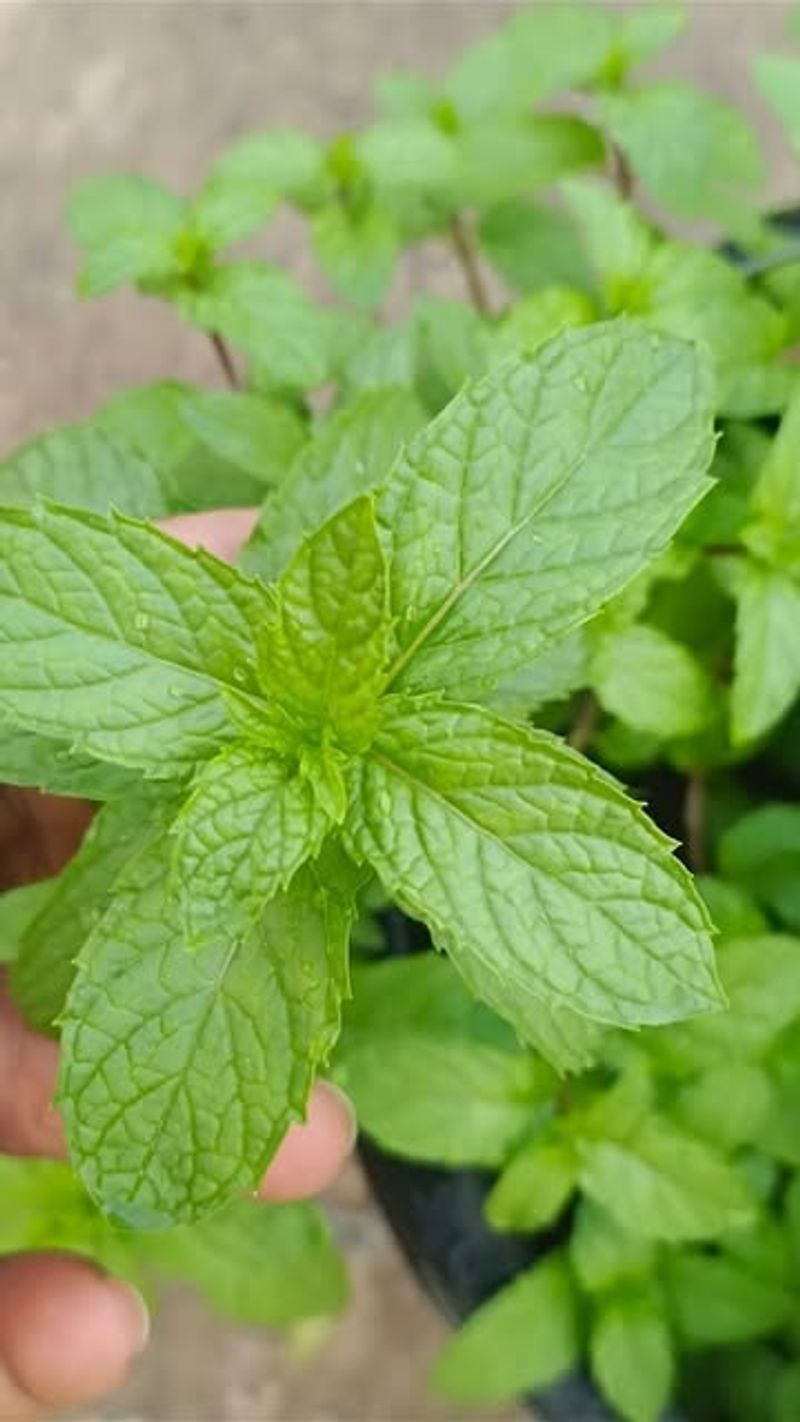
Peppermint packs a powerful punch with its intense menthol smell that mice absolutely cannot stand. Planting this herb around your Illinois garden creates an invisible barrier that rodents avoid at all costs.
The strong aroma confuses their sensitive noses and makes them scurry away to find friendlier territory. Plus, you get fresh mint leaves for tea and cooking!
Growing peppermint is super easy since it thrives in Illinois weather and spreads quickly, giving you more protection each season.
2. Lavender
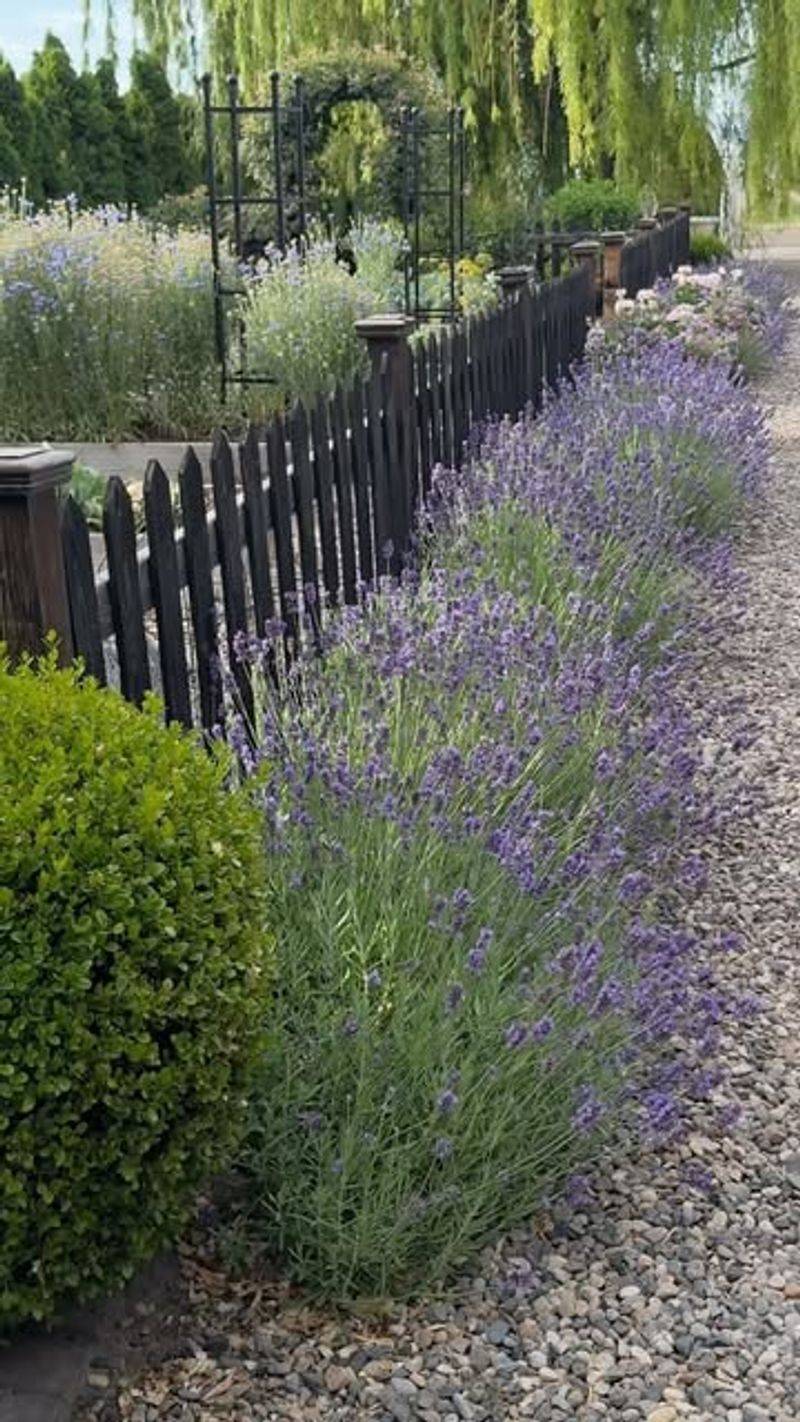
With its gorgeous purple blooms and calming scent, lavender does double duty as a beautiful ornamental and mouse repellent. Illinois gardeners love this Mediterranean herb because it handles our climate surprisingly well.
Mice dislike the strong floral fragrance that humans find so relaxing. Plant lavender near entry points to your garden or along borders where rodents might sneak in.
Bonus: dried lavender makes wonderful sachets for your home while keeping those pesky critters at bay year-round.
3. Rosemary
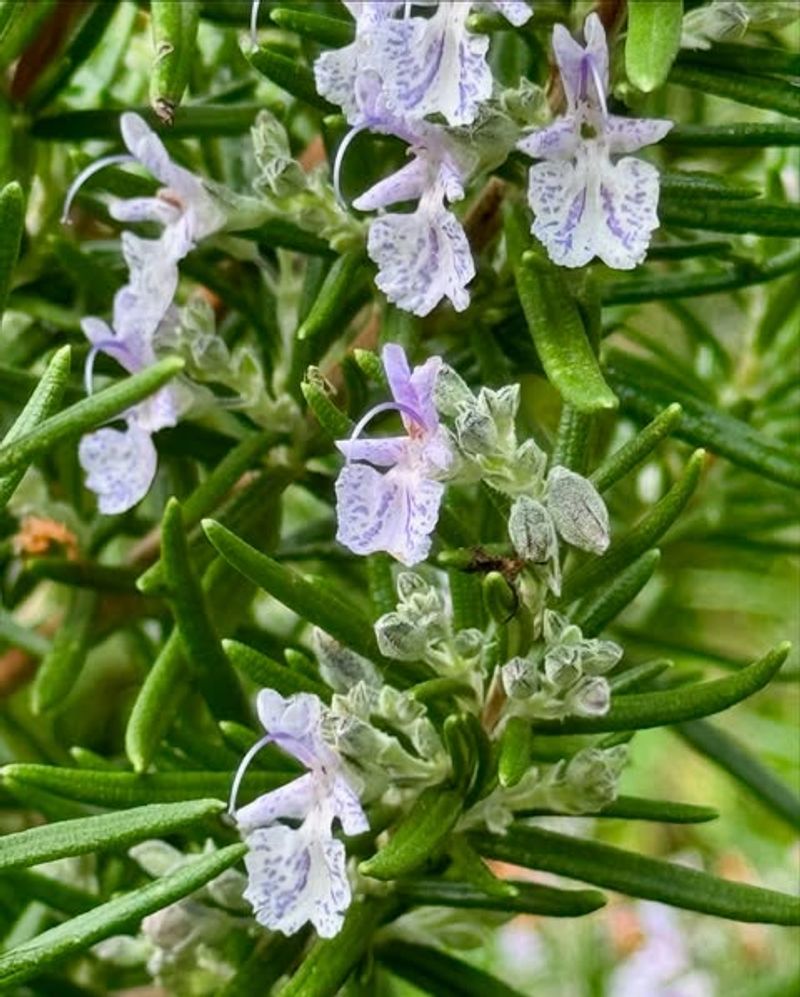
Did you know rosemary’s woody scent naturally drives mice away while attracting beneficial pollinators? This evergreen herb stays fragrant year-round, offering constant protection for your Illinois garden beds.
The pungent oils in rosemary leaves irritate rodent noses, making them choose different paths. Plant it near vegetables or flowers you want to protect most.
Rosemary thrives in containers too, so you can move it strategically around problem areas throughout the growing season.
4. Daffodils
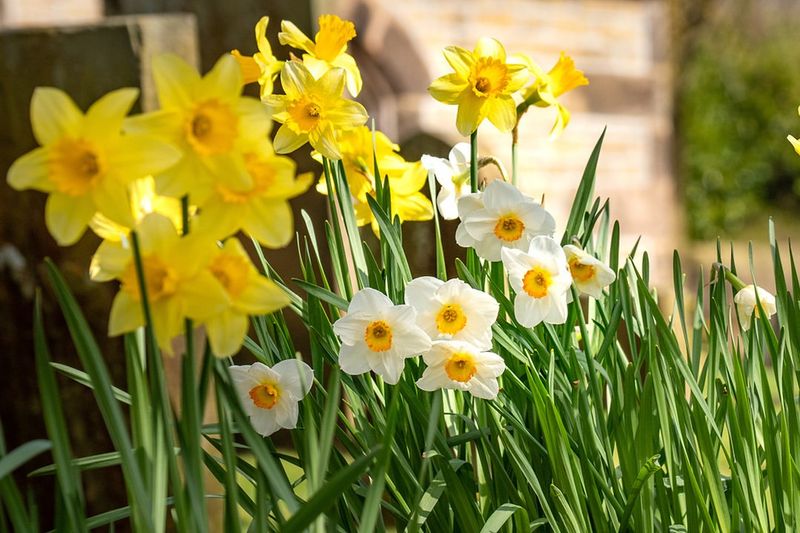
Cheerful daffodils signal spring in Illinois, but mice see them as a serious warning sign to stay away. These bulbs contain toxic compounds called alkaloids that rodents instinctively avoid after one sniff.
Planting daffodils around your garden perimeter creates a colorful defensive line. They multiply naturally each year, expanding your protection without extra work.
Even when flowers fade, the leaves and bulbs continue deterring mice throughout the entire growing season in your Illinois yard.
5. Garlic
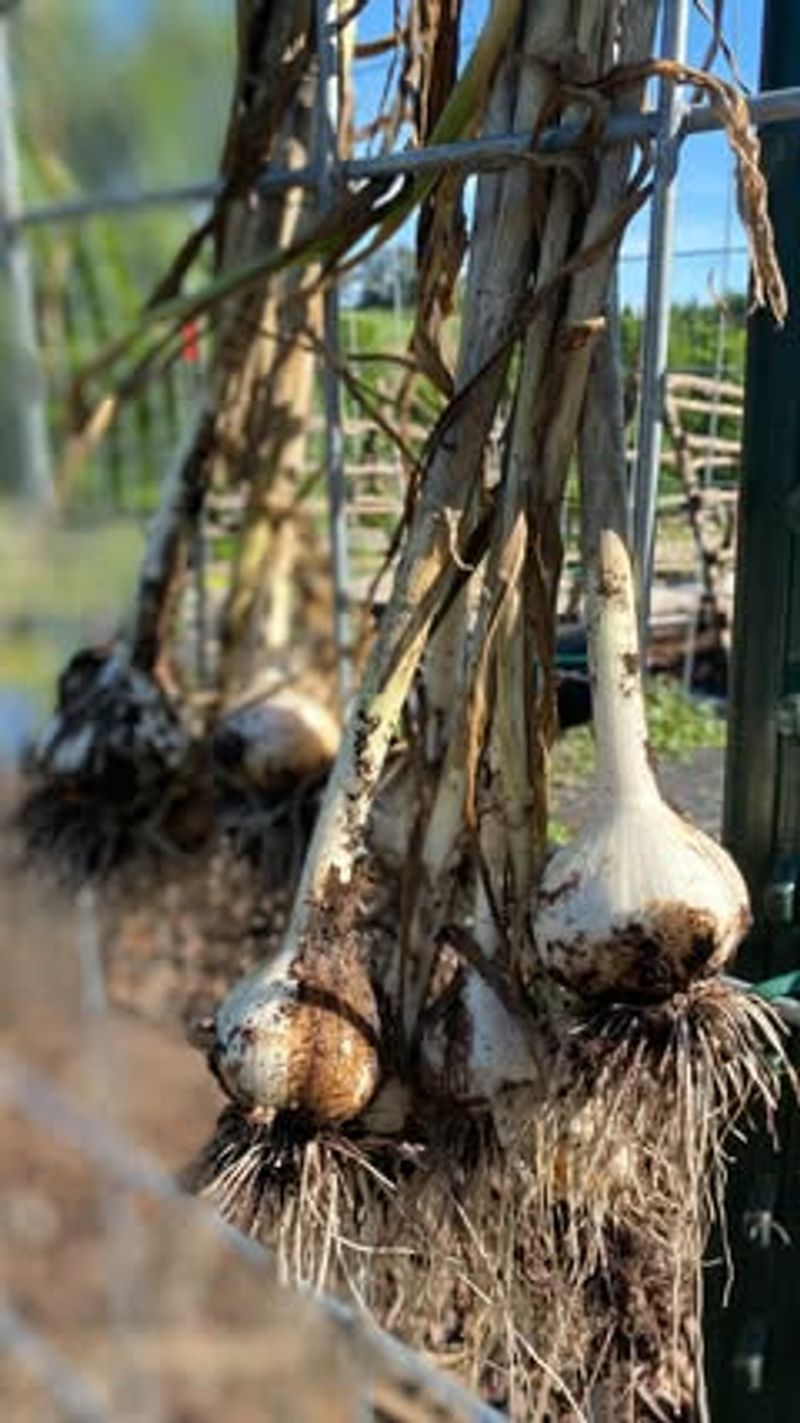
Garlic brings more than flavor to your Illinois kitchen—it sends mice running with its sharp, sulfurous smell. Rodents have incredibly sensitive noses, and garlic overwhelms them completely.
Planting garlic bulbs around vulnerable crops creates an effective shield. Many Illinois gardeners interplant garlic with tomatoes and peppers for dual protection against pests and mice.
Harvest the bulbs for cooking while the remaining scent lingers in the soil, continuing to repel unwanted furry visitors for weeks afterward.
6. Marigolds
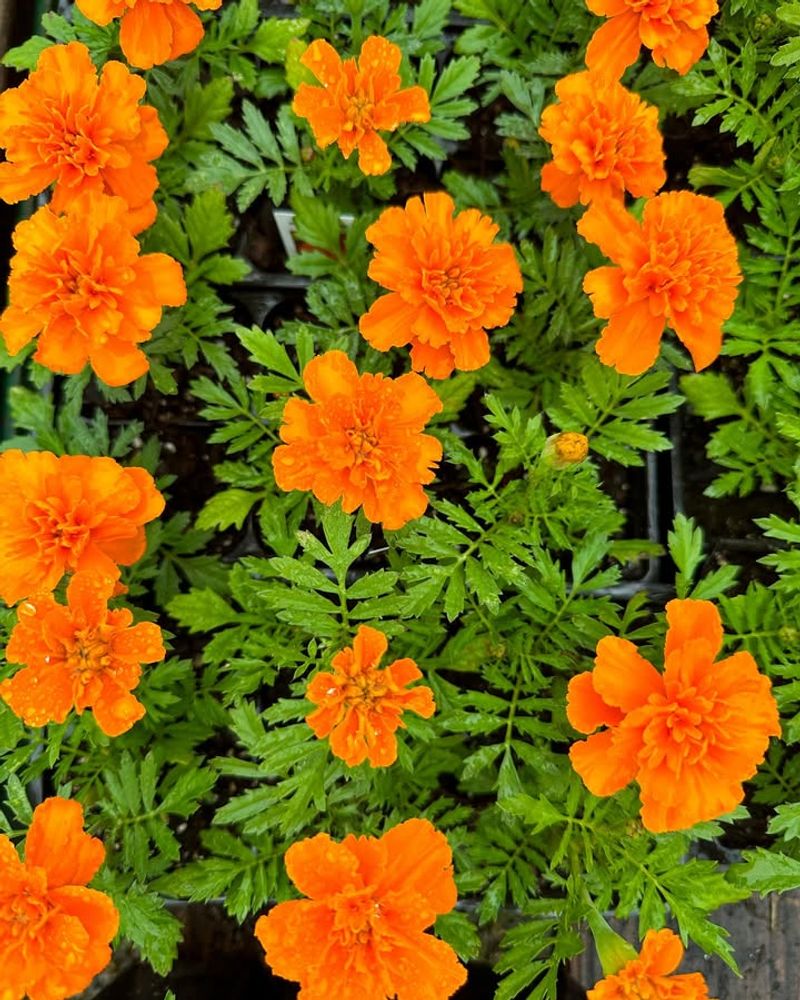
Marigolds are the workhorses of Illinois gardens, offering bright color while their distinctive musky scent keeps mice at a safe distance. These cheerful annuals contain compounds that rodents find absolutely repulsive.
Plant them generously along garden edges or between vegetable rows for maximum effect. They bloom from late spring until frost hits, giving you months of protection.
Marigolds also deter other pests like aphids, making them one of the smartest additions to any Illinois garden fighting multiple invaders.
7. Sage
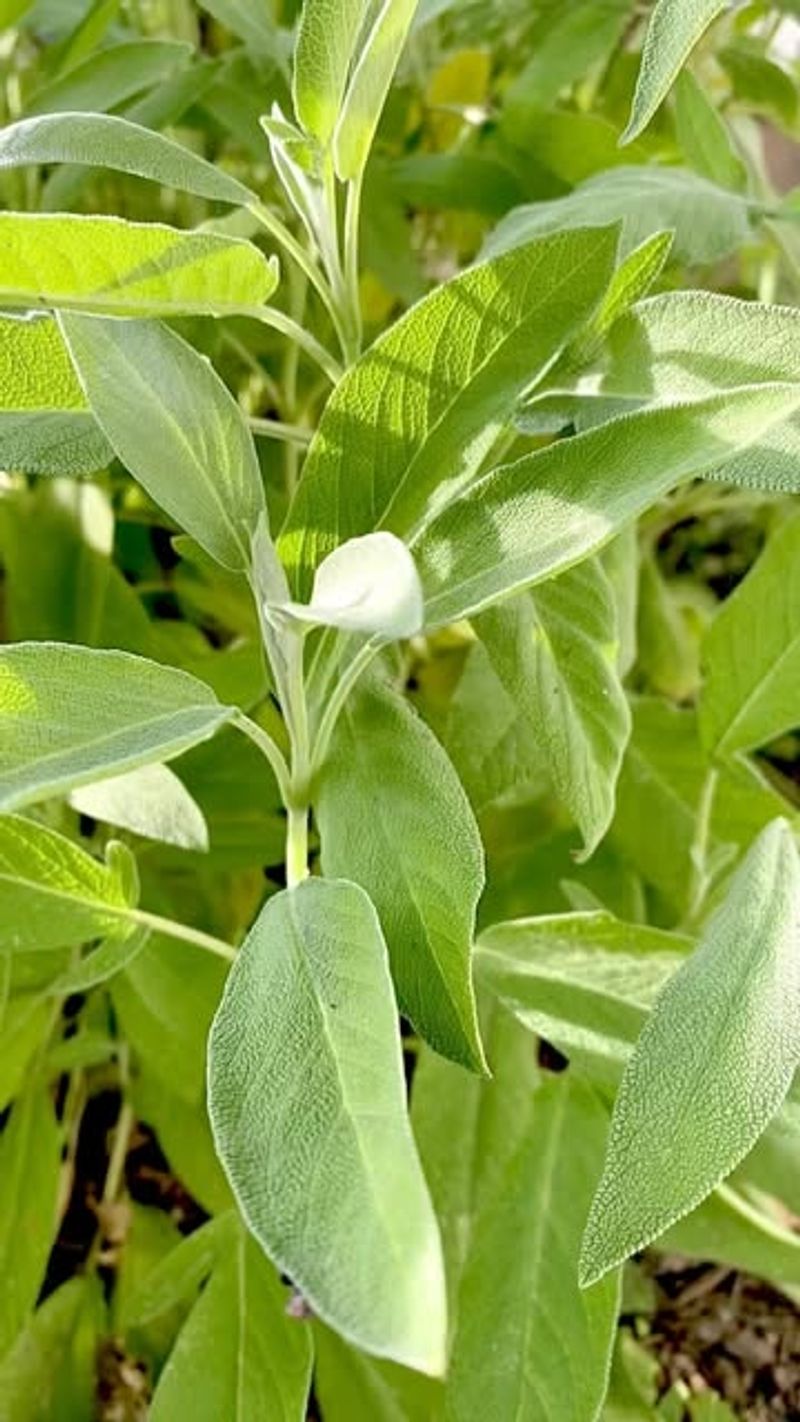
Sage offers a wonderful earthy aroma that enhances your cooking but drives mice crazy in all the wrong ways. Illinois gardeners appreciate how hardy sage is, surviving hot summers and mild winters with ease.
The fuzzy leaves release oils that irritate rodent respiratory systems, making them avoid areas where sage grows thick. Plant it near doorways or foundation plantings.
As a perennial, sage returns year after year, providing reliable mouse protection without replanting every spring in your Illinois landscape.
8. Catnip
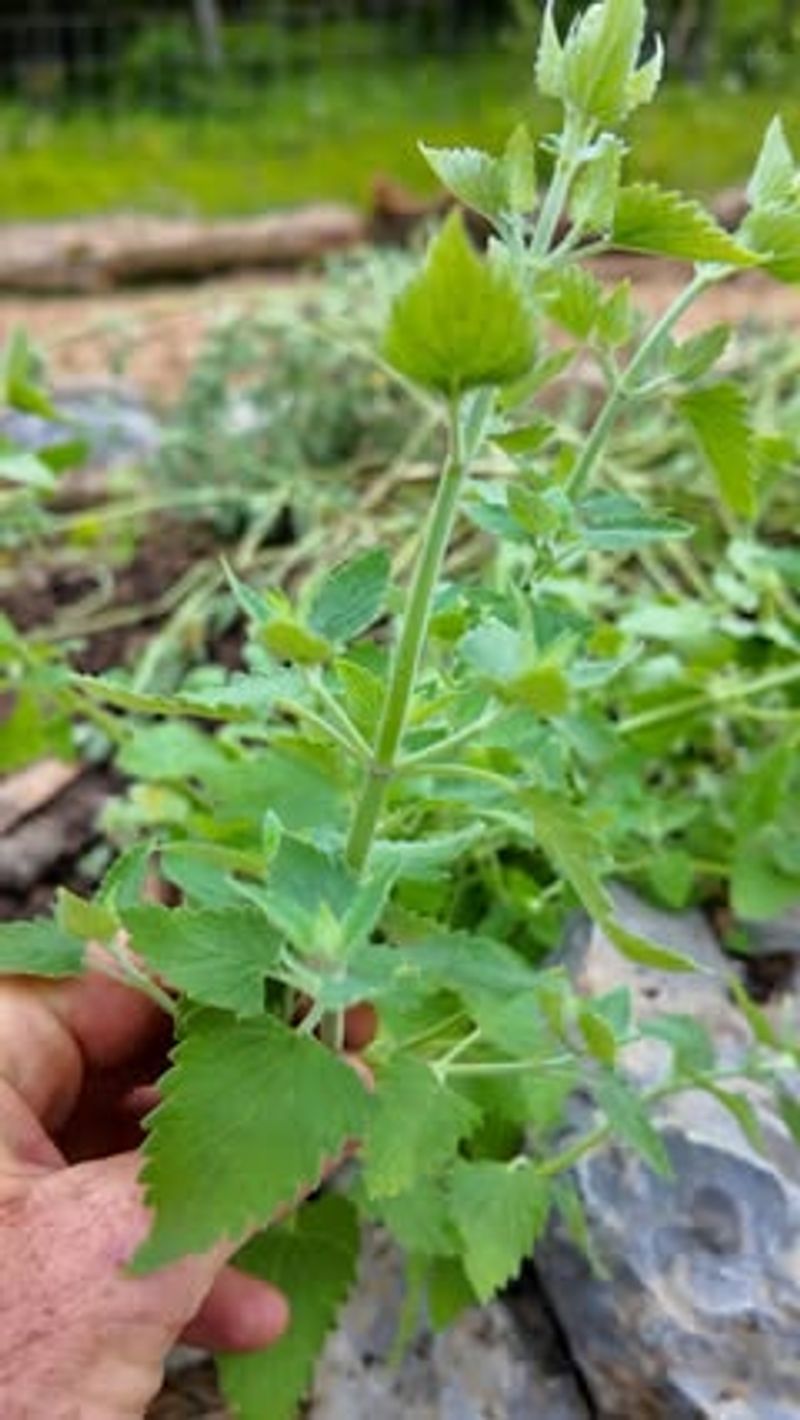
While cats go wild for catnip, mice absolutely despise it and flee when they catch a whiff. This member of the mint family grows enthusiastically throughout Illinois gardens.
The chemical compound nepetalactone gives catnip its distinctive smell that confuses and repels rodents effectively. Plant it in containers to control its spreading habit while still benefiting from its protective properties.
Illinois gardeners often place catnip near sheds or garages where mice might try establishing nests during colder months.
9. Alliums
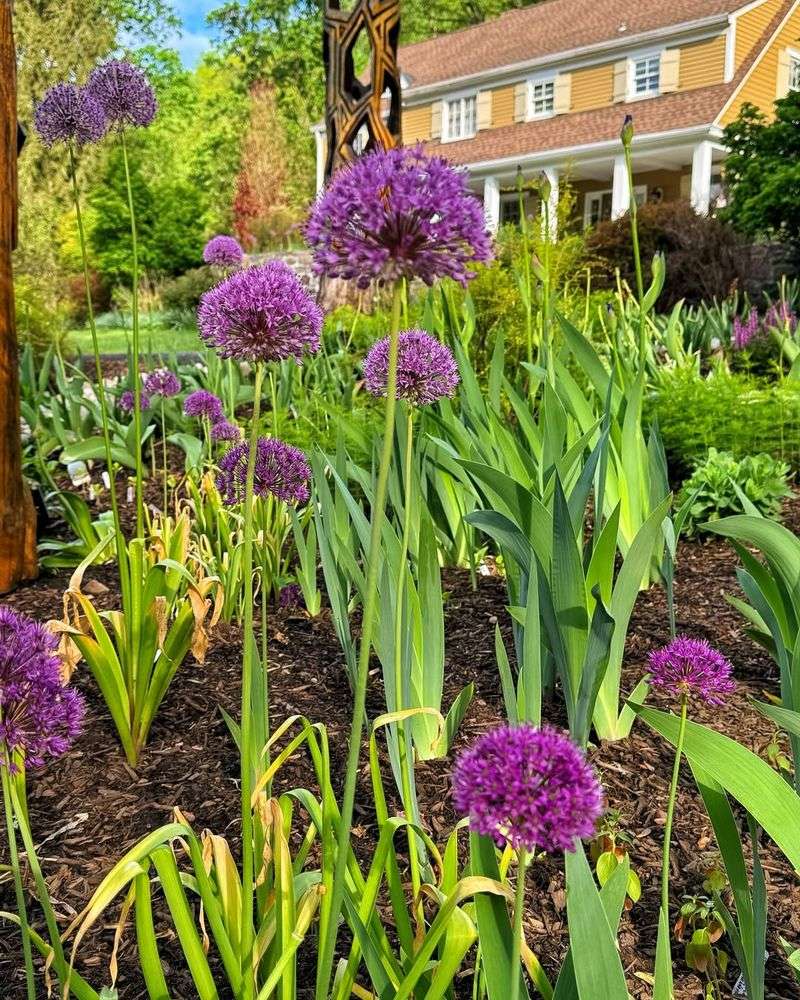
Alliums create stunning purple spheres that tower over Illinois gardens while their onion-like smell creates a no-go zone for mice. These ornamental cousins of garlic and onions pack the same rodent-repelling punch.
The sulfur compounds in allium bulbs and foliage make mice turn tail immediately. Plant varieties like giant allium or drumstick allium for both height and protection.
They bloom in late spring, and even after flowers fade, the foliage continues working hard to keep your Illinois garden mouse-free.
10. Oregano
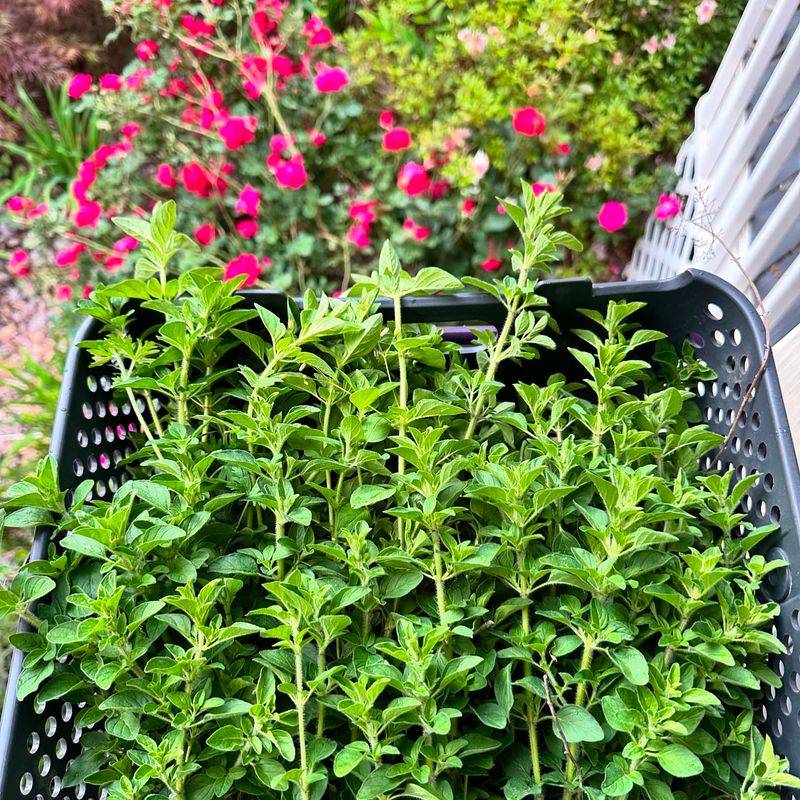
Pizza’s favorite herb doubles as a mouse repellent superstar in Illinois gardens thanks to its pungent oils. Oregano spreads generously, creating thick mats that rodents refuse to cross.
The strong scent from crushed leaves becomes even more intense, overwhelming mouse senses completely. Plant oregano as edging along paths or between pavers where mice might travel.
This hardy perennial survives Illinois winters and bounces back stronger each spring, expanding your natural rodent defense system without any extra effort required.
11. Chrysanthemums
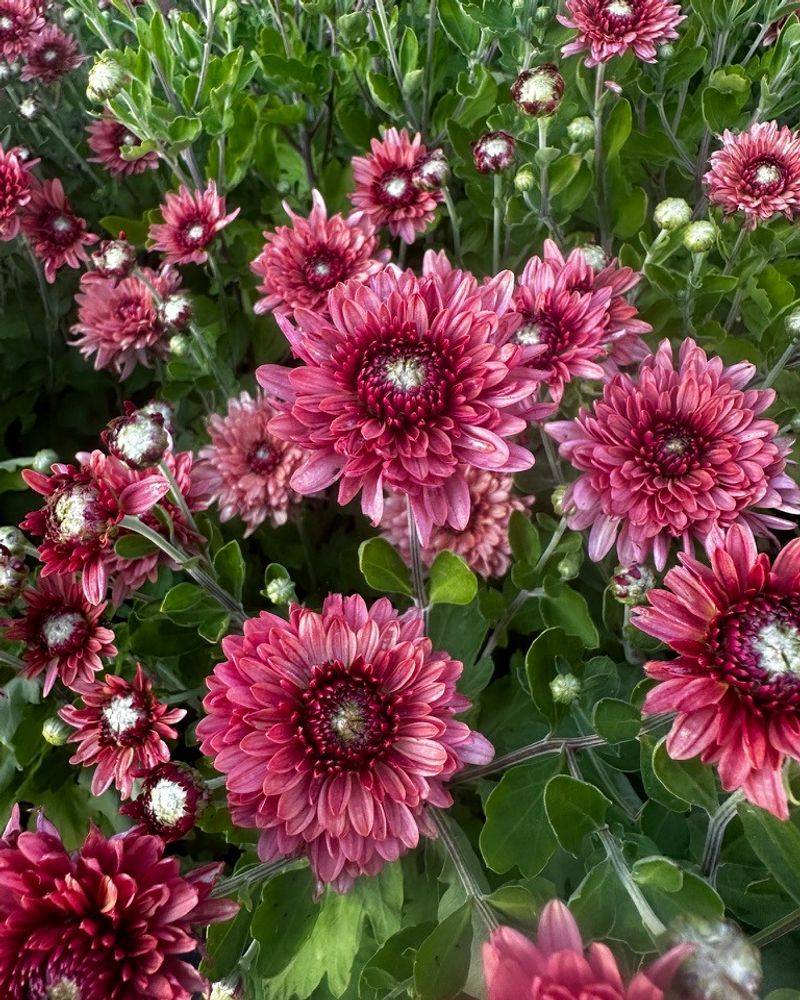
Fall-blooming chrysanthemums brighten Illinois gardens when most flowers fade, and they contain pyrethrin, a natural compound that repels mice effectively. Rodents avoid mums instinctively because of this chemical.
Plant chrysanthemums near garden borders or around your home foundation for late-season protection when mice seek winter shelter. They come in gorgeous colors from yellow to burgundy.
Many Illinois gardeners use potted mums strategically, moving them to trouble spots where mouse activity increases as temperatures drop each autumn.
12. Wormwood
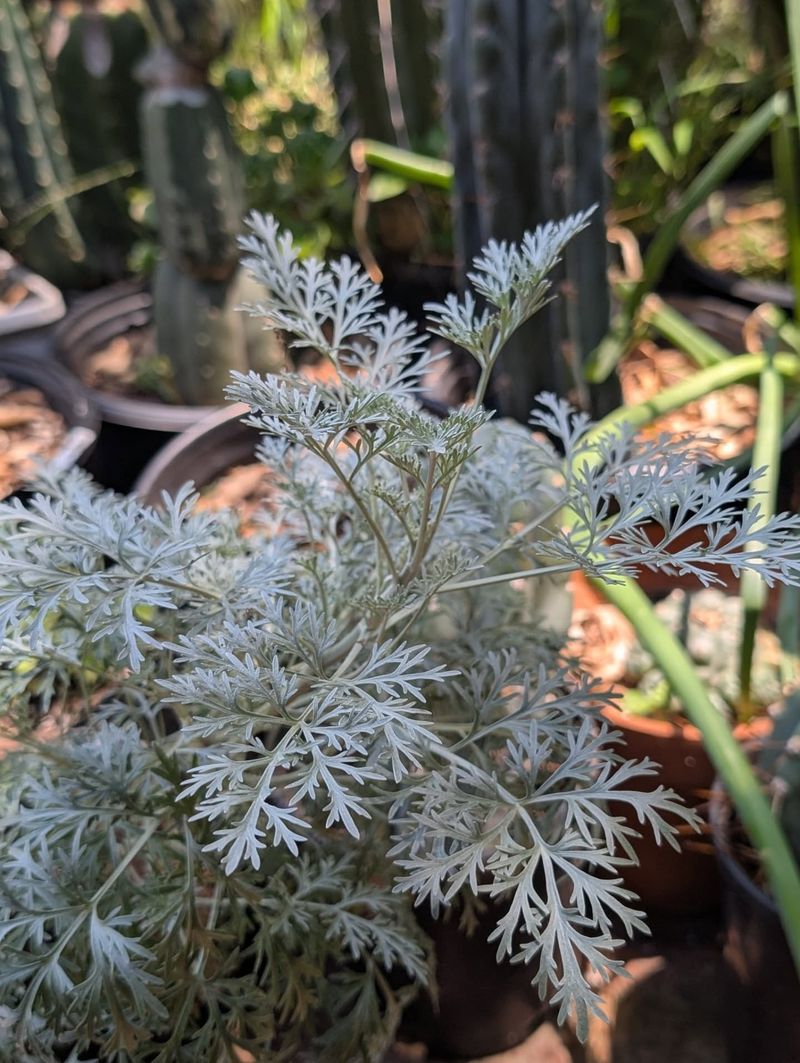
Wormwood might have the most bitter taste and strongest scent of any plant on this list, making it incredibly effective against mice. Illinois gardeners value this silvery perennial for its drought tolerance and pest-fighting abilities.
The intensely aromatic leaves contain compounds that rodents find overwhelming and unpleasant. Plant wormwood away from vegetables since it can inhibit some plant growth.
Use it as a dramatic silver accent in ornamental beds where mice have been problematic, enjoying both its beauty and protective benefits.

